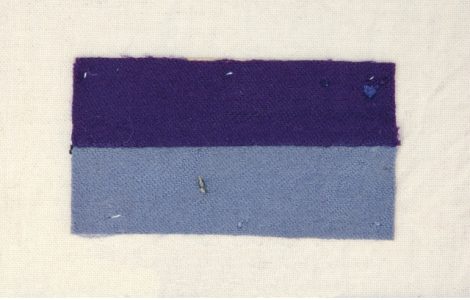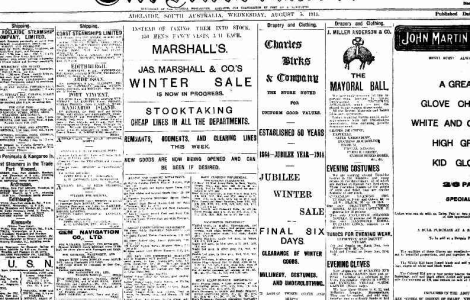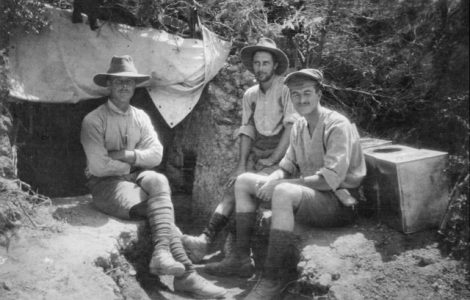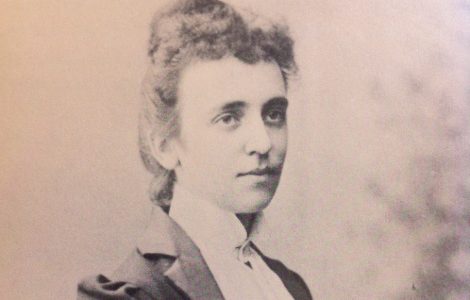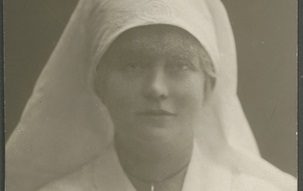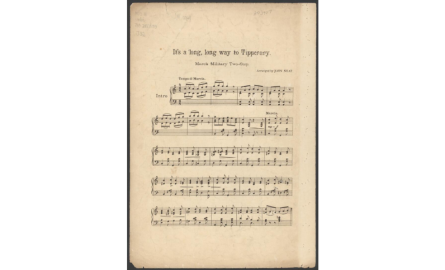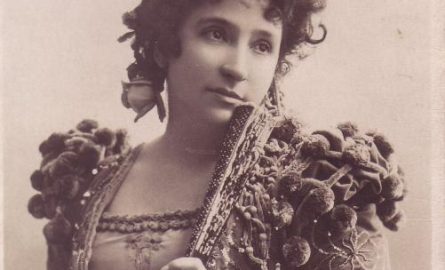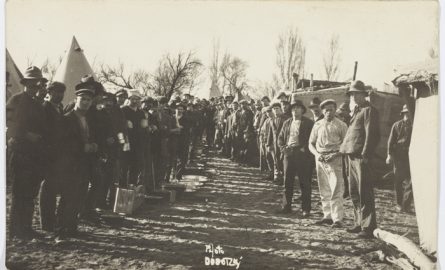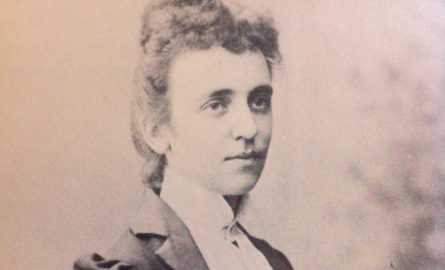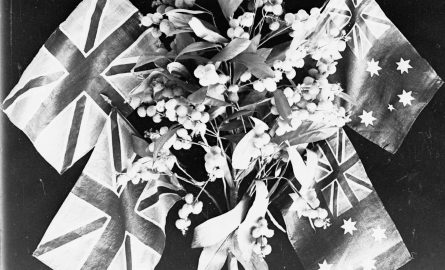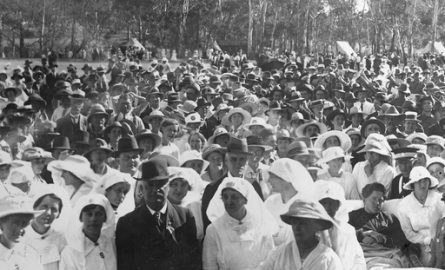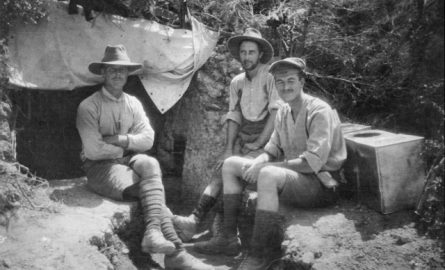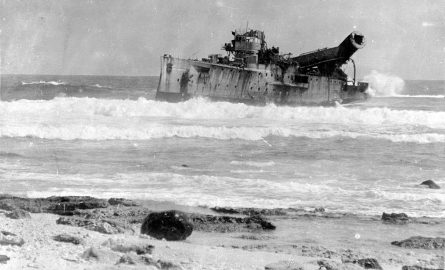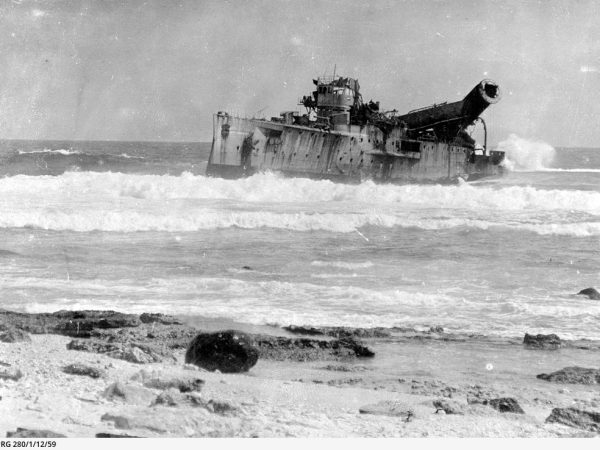
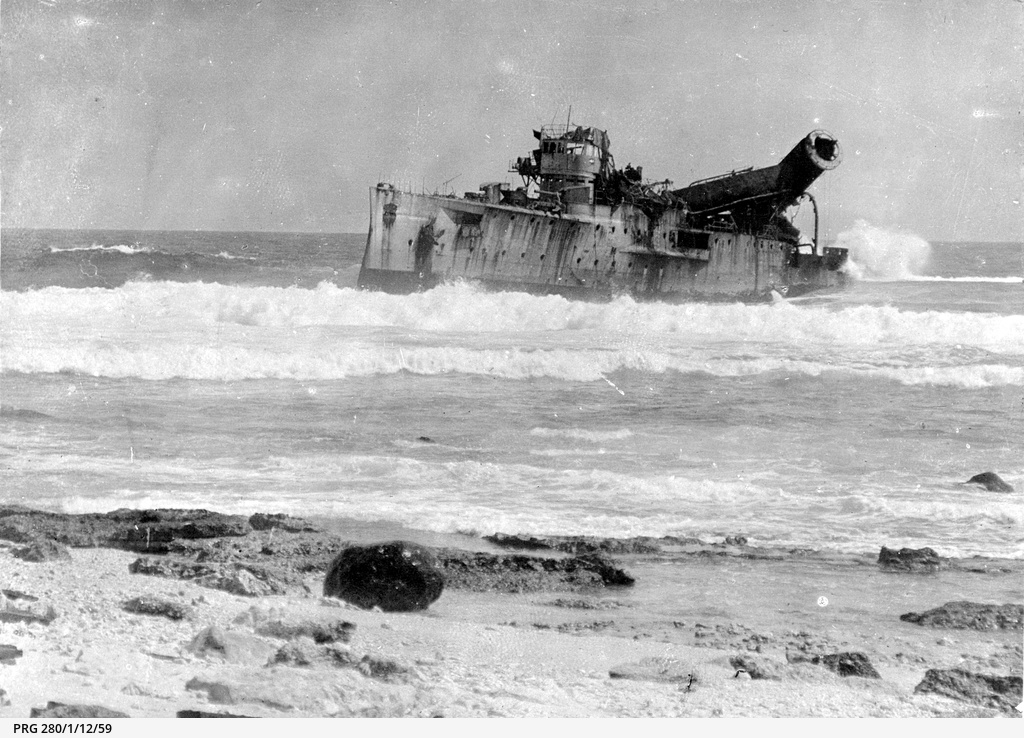
Wreck of the German gunship 'Emden' off the coast of the Cocos Islands, Indian Ocean image courtesy State Library of South Australia PRG 280/1/1/59
Glossary Terms
Topics
HMAT Ascanius, It's a Long Way to Tipperary, Guy Fawkes Night, 1914-1915 drought, Melbourne Cup
People
Madame Melba, Seager, Alexandrine, Terrell, Frederick Leopold, Cooper, Ethel, Avery, Louis Willyama
Places
Organisations
November, 1914
This month: Despite the hardships of war time at home and rising anti-German sentiment, the Melbourne Cup still captures the nation’s attention. Our correspondent Louis Avery discovers that he is on the way to Egypt and records the battle of HMAS Sydney with the German cruiser, the Emden.
EVENTS AND CELEBRATIONS
Despite the passing of 100 years, there was much that happened in South Australia in November 1914 that would be familiar to those of us here in 2014. The Melbourne Cup (run on Tuesday 3 November) was big news and although they couldn’t watch it live, people could see footage of the race at the cinemas the following day. The race was won by an outsider – a chestnut colt named Kingsburgh.
On the subject of horses, Father Christmas arrived at the Magic Cave in John Martin’s Department Store on 23 November, which also featured ‘Nimble, the largest rocking horse in the world’.
Guy Fawkes Night was a quieter affair than usual with bonfires prohibited due to dry weather and the continuing water shortages. However, there was one ‘regrettable’ incident in Norwood when a firecracker was thrown into a car causing an accident. Also making the news were four girls from Stansbury on Yorke Peninsula who canvassed the town on Guy Fawkes Night raising money for the Red Cross singing It's a Long Way to Tipperary.
Alongside the festivities though, the grim realities of war in Europe and its impacts at home featured prominently in the daily newspapers. Rising food prices, continuing unemployment and drought were still in the papers. The fundraising activities of the Red Cross received a welcome boost with a charity performance by the renowned Madame Melba.
‘GERMAN AUSTRALIANS’
Almost daily The Advertiser carried letters to the editor entitled ‘German Australians’. While some of these letters were arguing in support of the German population, the majority were hostile – especially in relation to the ‘almost 20,000 persons of German descent in the Government Service’, who had access to information that could be dangerous to the country. Although there is little information about the Torrens Island Internment Camp in the paper, several reports in the regional press detail how ‘soldiers with fixed bayonets’ have accompanied prisoners to the Camp. An article in the Murray Pioneer and Australian River Record (26 Nov, p 8) noted that the prisoners had been out of work and living on fish and rabbits in camps along the River. Life in confinement, it noted, may have been quite desirable.
Ethel Cooper’s letters from Germany echo this theme from the other side. She prepared to leave Germany, including making arrangements for her pet crocodile Cheops to be housed at the zoo, but suddenly her movements were restricted.
EXPERIENCES OF THE TROOPS
Leo Terrell joined the crowds and watched the Second Expeditionary Force parade on 18 November at Montefiore Hill and the following day applied himself for service – not, it would seem from any desire to join the cause, but rather in despair, as he saw no alternative employment prospects. Recruiting was continuing for both soldiers and medical personnel – doctors as well as nurses. We meet another of our correspondents this month, too – Alexandrine Seager, founder of the Cheer-Up Society, whose poems embody the patriotic sentiment of the time.
For many of the troops already on their transport ships, including Louis Avery, November was an exciting month. On 1 November, 26 Australian and ten New Zealand transports sailed from Albany in Western Australia. Four naval ships – the Australian cruisers Melbourne and Sydney, the British Minotaur and the Japanese Ibuki accompanied them to provide protection from the German warships, whose presence had been noted in the Indian Ocean. As Avery’s diary records about a week out there was a noteworthy occurrence – the Sydney took on the Emden, a German cruiser, and was victorious. Ethel Cooper noted that the events also made news in the German press, but obviously with a different slant to the exuberance with which they were reported in Australia.
Towards the end of the month, Avery learned where his ship was bound – Egypt was the destination,for both training and as an occupying force. We can imagine the expectation and excitement that greeted this news.


